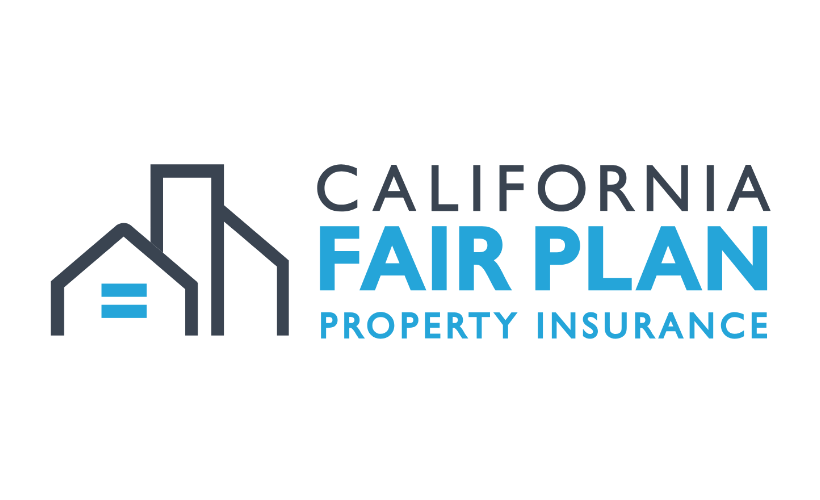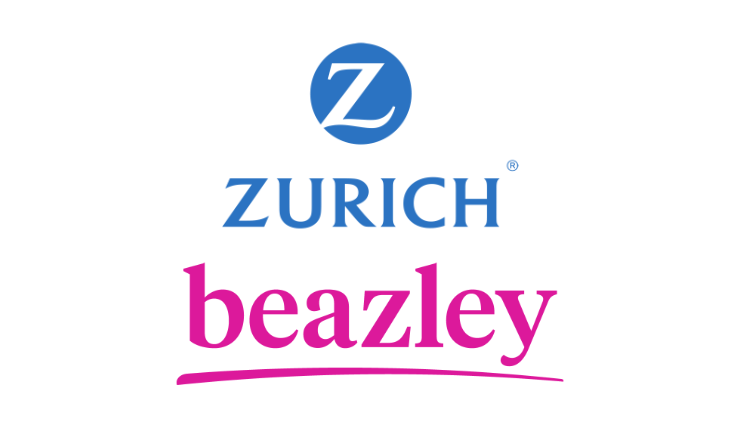
Key Takeaways:As a new car owner, one of the biggest challenges is understanding and purchasing the best new car insurance for your needs.Most new drivers face an overwhelming amount of information and choice about insurance costs and complex policy options.With this lack of experience, a new driver can make decisions that lead to higher risk ratings and increasing premiums, plus can include common pitfalls like under-insuring, missing valid discounts, and misunderstanding auto policy terms.Why Car Insurance is Essential for New DriversSo why is car insurance important? Like other types of insurance, e.g., home, life, health, car insurance protects you financially and legally, by:Is There Affordable Auto Insurance for New Drivers?When you begin your research, one of the first things you may notice is that insurance costs more for first-time buyers.This is because insurance companies have reams of statistical data that show new and first-time drivers are more prone to accidents.This leads to higher premium costs because of the perceived risk of young drivers with a lack of driving history and experience behind the wheel.
The good news is that as you get older and acquire more safe experience, the costs will start to go down.Priority Car Insurance Coverage for First-Time BuyersIt’s important to understand basic auto insurance coverage when making the selection of the right coverage for you and your situation.Some things are non-negotiable, like and finance company guidelines.And some things are open to choice, like shopping for the best price and applying a variety of available or eligible discounts.These are the four basic types of coverage available, and you can talk with a trusted insurance agent to decide what’s best for you.
From ‘Full Coverage’ (all types of insurance bundled together) to ‘Liability Only,’ the choice is yours:Liability Insurance – This type of insurance covers damage to other’s vehicles or property in an at-fault accident.This does not provide any coverage for your vehicle or property.While this type of insurance alone can make sense (e.g., if your car is of minimal value), it doesn’t provide you with any repair costs or tangible assets if your car sustains serious damage or is totaled.Collision Insurance – This is important coverage and will pay for repairs to your car after an accident.
Collision insurance will cover damages regardless of who is at fault for the accident.Comprehensive Insurance – This coverage protects your vehicle from non-collision events, like theft, vandalism, falling objects, weather-related damage, and natural disasters, like fire or accidents with animals.Uninsured/Underinsured Motorist (UM/UIM) Coverage – This insurance protects you if you are in an accident with a driver that has no or insufficient insurance.It covers damage to your car and other property, as well as medical bills and income losses for you or your passengers if needed.Some Recommended Add-Ons for New Driver InsuranceWhile we discuss discounts later in this article, here are three add-ons that make sense for a new driver:Roadside Assistance – This is invaluable if you experience an unexpected breakdown, need a tow, have a flat tire, or lock your keys in your vehicle.Gap Insurance – This is key for insurance on financed cars.It covers any loan balances after depreciation if your car is totaled.
There is nothing worse than totaling your vehicle and then finding out you still owe money on it.Rental Car Reimbursement – In case you need extended repairs, rental car reimbursement pays for a vehicle while your car is in the shop.Beginner’s Guide to Car InsuranceWhen choosing car insurance, it’s important to choose the right insurance company.Be sure to do your due diligence and research each company’s reputation, read their customer reviews, and note their claim processing efficiency.Using an insurance quote marketplace, like , you can request quotes and meet insurance carriers from national (and highly reputable) insurance firms that give you the information you need and will take the time to explain your coverage options.These insurance agents are highly motivated to find coverage that fits your personal driving habits and needs.
In addition to the importance of reading the fine print, a good insurance agent can help you understand your policy’s deductibles, premiums, coverage limits, and exclusions to avoid surprises should you have to file a claim.You will also want to review (and correct if possible) your credit report and driving history.Insurance companies use these two reports to judge the character and risk aversion of potential customers.A person with a strong credit score and blemish-free driving record demonstrates to the insurance company that they take their responsibilities seriously and will likely drive with caution.On the other hand, someone with a low credit score or tons of tickets or accidents on their driving record shows the insurance company that they are risk-prone and will likely cause situations where they need to file claims on their car insurance.How to Lower Insurance Premiums as a New DriverEveryone wants to save money on car insurance where they can without sacrificing coverage and safety.
Here are some ways to lower your premium costs that can pay off over time:There’s only one downside—you can risk an increase to your premiums with these types of programs when you demonstrate high-risk behaviors.Discount Opportunities for New DriversAnother way to save on car insurance is to take advantage of discounts offered by the insurance company.While there are a number of discounts, here are a couple of discounts specifically for young drivers:7 First-Time Car Insurance Buying TipsIf this is your first experience buying car insurance, here are some tips that will help you negotiate the process:Build a Strong Insurance Profile – By building a formidable insurance history with a robust credit history, on-time payments and zero claims, you will be eligible for better rates over time.Remember, insurance companies have extensive actuarial histories on every type of driver behavior and make their decisions based on how you measure up!Establish a History With A Reputable Provider – There’s a reason why people stay with one insurance company for years.
When you find a company and/or agent you trust, stick with that person/company.There will be times when you want a quick answer or strong support—find a company you can rely on, who returns your calls promptly, and offers transparency in all business dealings.Understand How Life Changes Impact Rates – Whether you are moving, getting married, changing jobs, etc., it can impact what you pay for insurance.Be sure to talk to your agent when making life decisions to see what savings you might be able to glean.Maintain a Clean Driving Record – To qualify for lower premiums, be sure to keep your driving record clean and straightforward.Shop for New Quotes Annually – When it’s time for your policy to renew, it’s also a good time to compare multiple providers/quotes to find the best competitive rates.
Online quotes are an easy way to check your policy and could save you money.You might be surprised how much variation there is in insurance costs from company to company.Annually Monitor Your Credit Scores – The three credit bureaus each provide a free annual report.Be sure to always get favorable pricing by checking your report for any problems or discrepancies.Avoiding Common Mistakes:Final ThoughtsFor first-time buyers, assessing and acquiring the right car insurance requires research, education, and strategic decision making.
It can be a careful balancing act where coverage, affordability, and future cost savings determines who you do business with now and in the future.As a new driver, you should take full advantage of all the available discounts and coverage options you can by securing better long-term rates through safe driving habits and demonstrated financial responsibility.The best approach for first-time buyers is to find affordable auto insurance while ensuring adequate coverage and protection.Find the right company or agent that helps you make informed choices and takes the time to answer all of your questions and concerns, as well as offering and suggesting every discount available to you.Contact for convenient quotes, plus a full library of resources and articles to help you research your options.
Publisher: EINSURANCE








